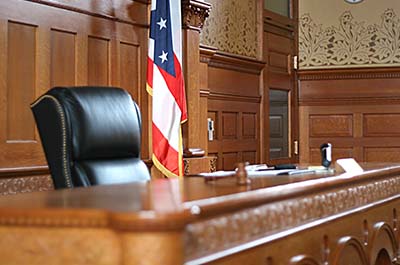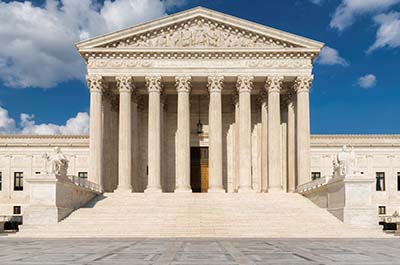On June 14, 2019 the California Court of Appeal for the Second Appellate District issued its opinion in Conger v. County of Los Angeles, finding that denying a police officer's promotion because of his conduct prior to the promotion, was not a violation of his rights and was instead a legitimate merit-based decision.
In Fort Bend County, Texas v. Davis, the United States Supreme Court held that the requirement to file an administrative charge with the Equal Employment Opportunity Commission ("EEOC") prior to filing a discrimination lawsuit, which is set forth in Title VII of the Civil Rights Act of 1964 (Title VII), is not a "jurisdictional" requirement and is thus subject to waiver.
In Ross v. County of Riverside, decided on June 20, 2019, the California Court of Appeal for the Fourth Appellate District reaffirmed that repeated or extended absences from work for the purpose of attending doctor's appointments amount to a limitation on a major life activity, thus physical impairments which cause such repeated or extended absences may meet the definition of a physical d
Once a year, deep in the Alaskan wilderness, twelve thousand "snow hippies" exercise their right to party. Law enforcement officers chaperone them at a ratio of ten thousand to seven. At "Arctic Man," not to be confused with "Burning Man," there is a blizzard of skiers, snowmobilers, and bonfires.
In D.Z v. Los Angeles Unified School District, the California Court of Appeal clarified that California laws governing the evidence offered at trial require that courts use a two-step inquiry for all such evidence: First, determine the relevance of the evidence, and second, determine whether the court should exercise its discretion to exclude such evidence.
On April 23, 2019, a California appellate court ruled against a private college for failing to properly provide an accused student with a fair hearing in a sexual assault case that led to the student being suspended from college for two years.
A public agency's right to enforce reasonable aesthetic criteria on telecommunications installations is a valid exercise of power. So says the California Supreme Court in its recent ruling inT-Mobile West LLC v. City and County of San Francisco (T-Mobile) (April 4, 2019, S238001) __ Cal. __.
Confirming a point which seems to make good sense, the Ninth Circuit Court of Appeals has held that school officials may discipline students for the student's off-campus expression, where the expression constitutes a credible, identifiable threat to others in the school community, even if the student did not intend to communicate such speech to any third party.
In Synergy Project Management, Inc. v. City and County of San Francisco, certified for publication on March 14, 2019, the California Court of Appeal concluded that awarding agencies, like prime contractors, have the power to request substitution of a subcontractor under Public Contract Code section 4107 (hereafter referred to as Section 4107).








